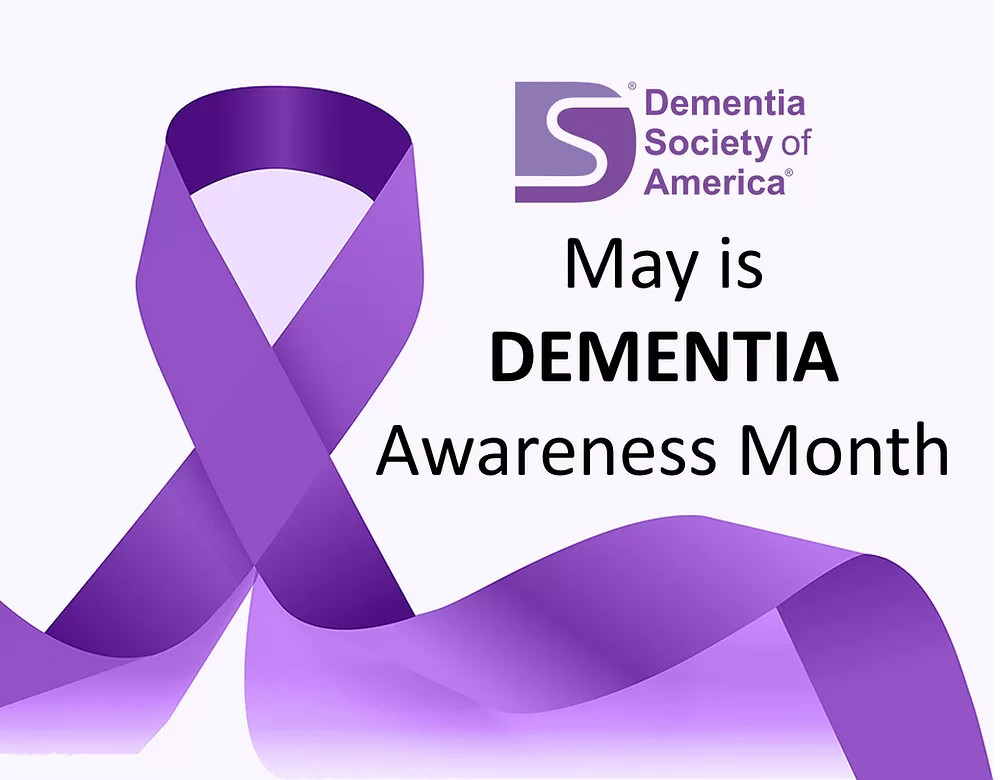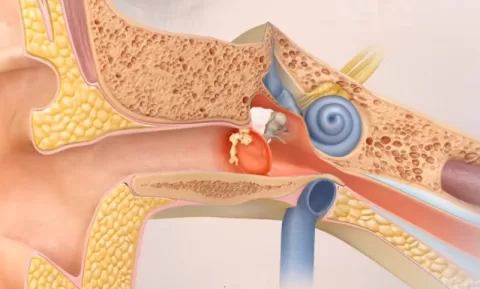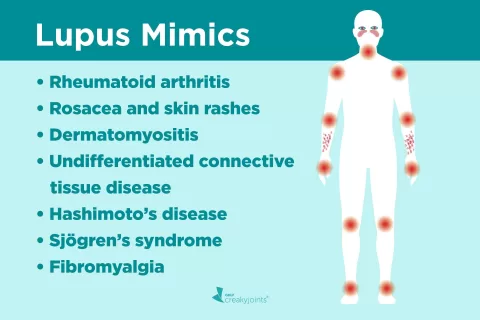Dementia awareness is crucial in our society as millions face the challenges of this complex syndrome. In 2021, it was estimated that over 57 million people were living with dementia, with crucial implications for families and communities alike. Understanding dementia not only involves recognizing its symptoms but also confronting the emotional and practical realities associated with dementia caregiving. As we promote dementia treatment options and strategies for preventing dementia, increasing awareness can reduce stigma and empower individuals to seek help. By fostering conversations around dementia, we can improve diagnosis rates and support systems, enabling a more compassionate approach to those affected.
Awareness about cognitive decline and related conditions is vital for fostering a supportive environment for affected individuals. Dementia, often characterized by a progressive deterioration in memory and thinking skills, poses significant challenges not only for patients but also for their families and communities. Engaging discussions around cognitive impairments, care strategies, and early recognition of symptoms can greatly enhance the quality of life for those impacted. As we explore various aspects of managing cognitive health, such as effective treatment pathways and the importance of preventative measures, it becomes essential to create an inclusive atmosphere that encourages dialogue. This holistic understanding will ultimately contribute to better care and support for both individuals living with cognitive disorders and their caregivers.
Understanding Dementia: A Growing Concern
Dementia encompasses a range of cognitive impairments that not only affect memory but also influence a person’s ability to think, reason, and engage in daily activities. The increasing global prevalence of dementia, with over 57 million diagnosed cases projected and nearly 10 million new cases arising each year, highlights the urgent need for widespread dementia awareness. Understanding dementia is crucial not only for those directly affected but also for families, caregivers, and society at large, as it profoundly impacts lives. Key cognitive symptoms include the gradual decline of memory and thought processing, making it essential to prioritize understanding these changes.
As we age, the risk of developing dementia increases significantly, particularly for individuals aged 65 and older. However, it’s important to note that dementia is not an inevitable part of aging. Numerous factors contribute to its onset, including genetics, lifestyle choices, and underlying health conditions such as hypertension and diabetes. By improving our understanding of dementia’s risk factors and symptoms, we can empower both patients and caregivers, reduce stigmatization, and advocate for early diagnosis and effective treatment options.
Dementia Symptoms: Early Warning Signs
Recognizing the early symptoms of dementia is essential for timely intervention and management. Initial signs often include minor memory lapses such as forgetting recent conversations or misplacing common items. As the condition progresses, individuals may exhibit confusion in familiar environments, difficulty in planning daily tasks, and diminished problem-solving capabilities. Early detection plays a pivotal role in providing individuals access to appropriate support and treatment options, allowing them to maintain dignity and independence for as long as possible.
Moreover, mood changes and behavioral shifts can manifest before the cognitive decline becomes apparent. Individuals may feel anxious or withdrawn due to their unrecognized memory loss, which can lead to increased isolation from their loved ones and social activities. Understanding these initial symptoms is not only vital for patients but is also a crucial aspect of dementia caregiving since caregivers can better prepare for the challenges ahead and provide informed support to those affected.
The Impact of Dementia on Caregiving
Dementia caregiving poses significant challenges, often burdening family members and close friends who take on the responsibilities of care. In fact, nearly 50% of the economic costs associated with dementia arise from the informal care provided by these devoted caregivers. The demands of caregiving can lead to increased stress, physical strain, and emotional fatigue, requiring caregivers to adopt effective self-care strategies. This emphasis on self-care is crucial to maintaining their health and well-being while supporting someone with dementia.
Caregivers must have access to resources and support networks that can provide relief, education, and coping strategies. Engaging in community support groups and seeking professional help can alleviate the pressures associated with dementia caregiving. Employers, healthcare systems, and public health initiatives must champion caregiver support, thereby fostering resilience and fortifying how caregivers assist those living with dementia, ultimately enhancing the quality of care provided.
Dementia Treatment Options: What to Consider
Currently, there is no definitive cure for dementia, but various treatment options can help manage symptoms and improve quality of life. Medications such as cholinesterase inhibitors and NMDA receptor antagonists are commonly prescribed to address cognitive decline, particularly in Alzheimer’s patients. Additionally, lifestyle modifications, including physical activities and brain-stimulating exercises, can have a positive impact on the well-being of individuals living with dementia. These approaches not only help to alleviate symptoms but can also slow the progression of cognitive impairment.
Moreover, a comprehensive care plan that incorporates both medical treatments and supportive non-pharmacological approaches—such as therapy, social engagement, and nutrition—can effectively cater to the diverse needs of those affected by dementia. Understanding available dementia treatment options equips patients and caregivers to make informed choices and work closely with healthcare providers to optimize care.
Preventing Dementia: Strategies for Healthy Aging
While age is the most significant risk factor for dementia, recent research suggests that adopting a healthy lifestyle can greatly reduce the likelihood of developing cognitive decline. Engaging in regular physical activity, maintaining a balanced diet rich in nutrients, controlling weight, and avoiding tobacco and excessive alcohol consumption are effective strategies for preventing dementia. Furthermore, actively participating in social activities and continuous learning can foster cognitive resilience.
Managing chronic health conditions is also vital in lowering dementia risk. Keeping blood pressure, cholesterol, and blood sugar levels under control can mitigate the potential damage to the brain. Additionally, addressing mental health issues such as depression can lead to improved cognitive function and overall well-being, serving as a critical element in the fight against dementia.
Awareness and Advocacy for Dementia
Increasing dementia awareness is crucial for combating stigma and ensuring that individuals affected by the condition receive the support they need. Education initiatives can help to dispel myths surrounding dementia, promoting understanding and empathy within the wider community. These efforts can lead to improved care practices, enhanced support networks, and ultimately, a more dementia-inclusive society.
Advocacy plays a significant role in influencing policies and funding for dementia research and care initiatives. By raising awareness at all levels—from local communities to global platforms—advocates can drive attention to the pressing needs of individuals with dementia and their caregivers. Such initiatives can lead to advancements in treatment, care, and support for the millions impacted by dementia worldwide.
Human Rights and Dementia Care
Many individuals living with dementia face challenges that infringe upon their basic human rights, particularly within caregiving settings. By advocating for the rights of those affected by dementia, we can strive to eliminate practices such as physical and chemical restraints that are often employed in care facilities. Ensuring that people live with dignity requires aligned legislative frameworks and practices that uphold individual freedoms while delivering high-quality care.
Moreover, advocacy for human rights within dementia care can foster societal change that dismantles entrenched stigma. By creating an environment where individuals are respected and treated with compassion, we empower those living with dementia and promote a more inclusive approach to caregiving and community support.
The Role of the WHO in Combatting Dementia
The World Health Organization (WHO) has recognized dementia as a vital public health concern, focusing efforts on global awareness and action. The Global action plan on the public health response to dementia 2017-2025 outlines important initiatives to support individuals living with dementia and their families worldwide. By emphasizing the need for awareness, diagnosis, and comprehensive care, WHO aims to improve the overall quality of life for those affected by dementia.
Through establishing the Global Dementia Observatory (GDO), WHO gathers and shares data from countries regarding key dementia indicators, advancing our collective understanding of the global landscape of dementia care. Such efforts not only enhance international collaboration but also encourage nations to adopt best practices and effective care strategies. Ultimately, strengthening these global initiatives is essential for effectively addressing the dementia crisis.
Frequently Asked Questions
What is the importance of understanding dementia in caregiving?
Understanding dementia is crucial for effective caregiving as it helps caregivers recognize symptoms, anticipate challenges, and respond with compassion. Adequate knowledge about dementia symptoms enables caregivers to tailor their approaches to meet the unique needs of individuals living with dementia, thereby enhancing their quality of life and fostering a supportive environment.
What are the common symptoms of dementia to watch for?
Common dementia symptoms include memory loss, particularly forgetting recent events, confusion in familiar places, difficulty following conversations, and challenges in completing familiar tasks. Additionally, mood changes such as anxiety, depression, and behavioral shifts can occur, impacting social interactions and relationships.
How can early understanding of dementia aid in prevention?
Early understanding of dementia can significantly aid in prevention by highlighting risk factors such as high blood pressure, obesity, and lifestyle choices. Knowledge empowers individuals to adopt healthier habits, engage in regular physical activity, and manage mental health, ultimately reducing the likelihood of cognitive decline or developing dementia.
What treatment options are available for individuals diagnosed with dementia?
While there is no cure for dementia, several treatment options exist to manage symptoms. These include medications such as cholinesterase inhibitors for Alzheimer’s disease and NMDA receptor antagonists for severe cases. Non-pharmacological strategies, such as engaging in cognitive activities and maintaining social connections, are also essential in enhancing well-being.
What role does family play in dementia caregiving?
Family plays a vital role in dementia caregiving by providing emotional support, assisting with daily care tasks, and advocating for the needs of their loved ones. Understanding dementia allows family members to better navigate the challenges, ensuring a more compassionate and effective caregiving experience.
How does dementia awareness contribute to better diagnosis and care?
Dementia awareness contributes to better diagnosis and care by reducing stigma and encouraging earlier detection of symptoms. Increased public and professional understanding fosters an environment where individuals feel comfortable seeking help, leading to timely interventions and more effective care strategies.
What are practical steps to take for preventing dementia?
Practical steps for preventing dementia include maintaining regular physical activity, eating a healthy diet rich in fruits and vegetables, avoiding smoking, and managing chronic health conditions such as diabetes and hypertension. Social engagement and mental stimulation also play crucial roles in reducing dementia risk through cognitive activity.
Why is it important to advocate for dementia awareness?
Advocating for dementia awareness is crucial because it helps dismantle misconceptions, promotes understanding, and improves the lives of those affected by dementia. Advocacy leads to better support systems, increased funding for research, and improved care policies, ultimately benefiting individuals living with dementia and their families.
| Key Fact | Details |
|---|---|
| Global Prevalence | In 2021, 57 million people globally were living with dementia. |
| New Cases Annually | Approximately 10 million new dementia cases each year. |
| Main Cause of Dementia | Alzheimer’s disease accounts for 60-70% of dementia cases. |
| Economic Impact | Global cost was approximately US$ 1.3 trillion in 2019. |
| Caregiver Demographics | Women provide 70% of care hours for those living with dementia. |
| Risk Factors | Age, hypertension, diabetes, obesity, smoking, and social isolation. |
| Management Strategies | Engagement in activities, physical health, and regular check-ups can improve quality of life. |
| Treatment Options | Cholinesterase inhibitors and NMDA receptor antagonists manage symptoms. |
| Public Health Response | WHO’s Global action plan aims to raise awareness and support. |
Summary
Dementia awareness is crucial as it affects millions globally, with a significant impact on individuals, families, and healthcare systems. As we continue to address the complexities of dementia, raising awareness, improving understanding, and facilitating proper care for those impacted is more important than ever. This can help reduce stigma and improve living conditions for both patients and caregivers alike. Engaging community support and healthcare systems in these efforts can drive better outcomes and ensure that individuals with dementia receive the dignified care they deserve.
The content provided on this blog (e.g., symptom descriptions, health tips, or general advice) is for informational purposes only and is not a substitute for professional medical advice, diagnosis, or treatment. Always seek the guidance of your physician or other qualified healthcare provider with any questions you may have regarding a medical condition. Never disregard professional medical advice or delay seeking it because of something you have read on this website. If you believe you may have a medical emergency, call your doctor or emergency services immediately. Reliance on any information provided by this blog is solely at your own risk.








